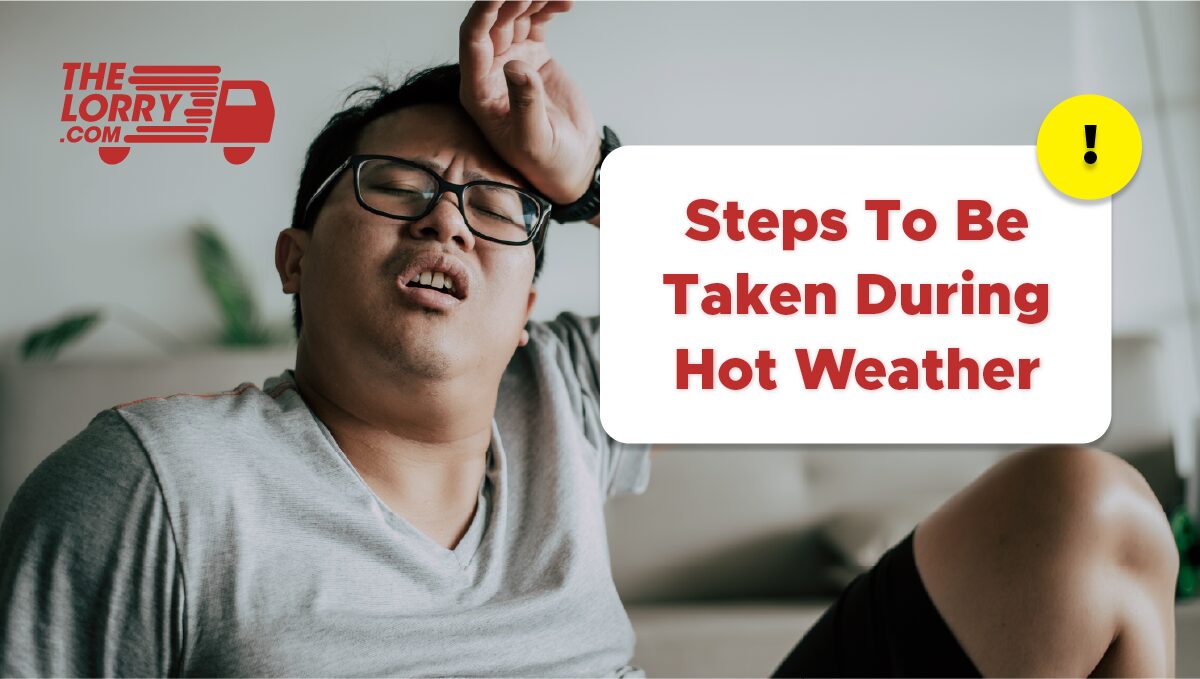Hot weather imposes physical stress on the human body. Its impact on health can vary from mild to potentially fatal, such as heat stroke.
Everyone is at risk of experiencing the effects of hot weather, but there are certain groups who are more vulnerable, including:
- Those engaging in outdoor physical activities such as laborers, farmers, athletes, military personnel, police, and others.
- Adults aged 40 and above, who are at 10 times higher risk compared to younger individuals.
- Children aged 5 and below.
- Individuals with respiratory system diseases, high blood pressure, heart conditions, diabetes, or thyroid gland disorders.
- The risk increases if they wear thick and tight clothing that hinders heat dissipation and sweat evaporation.
The public should not take heat-related illnesses lightly, as extreme heat fatigue can now lead to heat strokes and worsen chronic diseases.
Beware! Symptoms of extreme heat include:
- Headache
- Fatigue
- Difficulty concentrating
- Dizziness
- Weakness or cramps in muscles
- Nausea and vomiting
You need to take precautionary measures to protect yourself from the effects of extreme heat, such as:
- Drink Plenty of Water: It is important to drink an adequate amount of water regardless of your level of physical activity. Do not wait until you feel thirsty because dehydration can occur without realizing it. Drinking enough water helps to prevent dehydration that can endanger your health.
- Stay Indoors: Try to stay indoors as much as possible, especially during hot daytime hours. This helps to reduce exposure to high outdoor temperatures and protect yourself from the risk of overheating.
- Limit Outdoor Activities: If you need to engage in outdoor activities, try to limit them and avoid strenuous activities during hot daytime hours. This helps to reduce the risk of fatigue and excessive body temperature increase.
- Rest Frequently: It is important to give your body a chance to rest and recover from the effects of hot weather. Resting frequently helps to reduce physical stress on the body and allows you to adapt to the hot weather conditions.
- Take a Shower or Use a Fan: Taking a cool shower or using a fan to cool down your body is an effective way to reduce heat and increase your comfort. This helps to lower your body temperature and reduce the risk of heat-related effects.
- Wear Light, Bright-Colored, Loose Clothing: Choose lightweight, bright-colored, and loose-fitting clothing to help minimize heat absorption by the body and allow better airflow. Suitable clothing also helps to prevent excessive heating and maintain your comfort.
- Use a Large Hat or Umbrella: Protect yourself from the sun’s rays by wearing a hat that shields your face and head from harmful UV radiation. You can also use a large umbrella to shade yourself from the sun and reduce the risk of overheating.
By taking these steps, you can protect yourself from the effects of extreme heat and maintain your health more effectively.




 SG
SG Malaysia
Malaysia Indonesia
Indonesia
Recent Comments